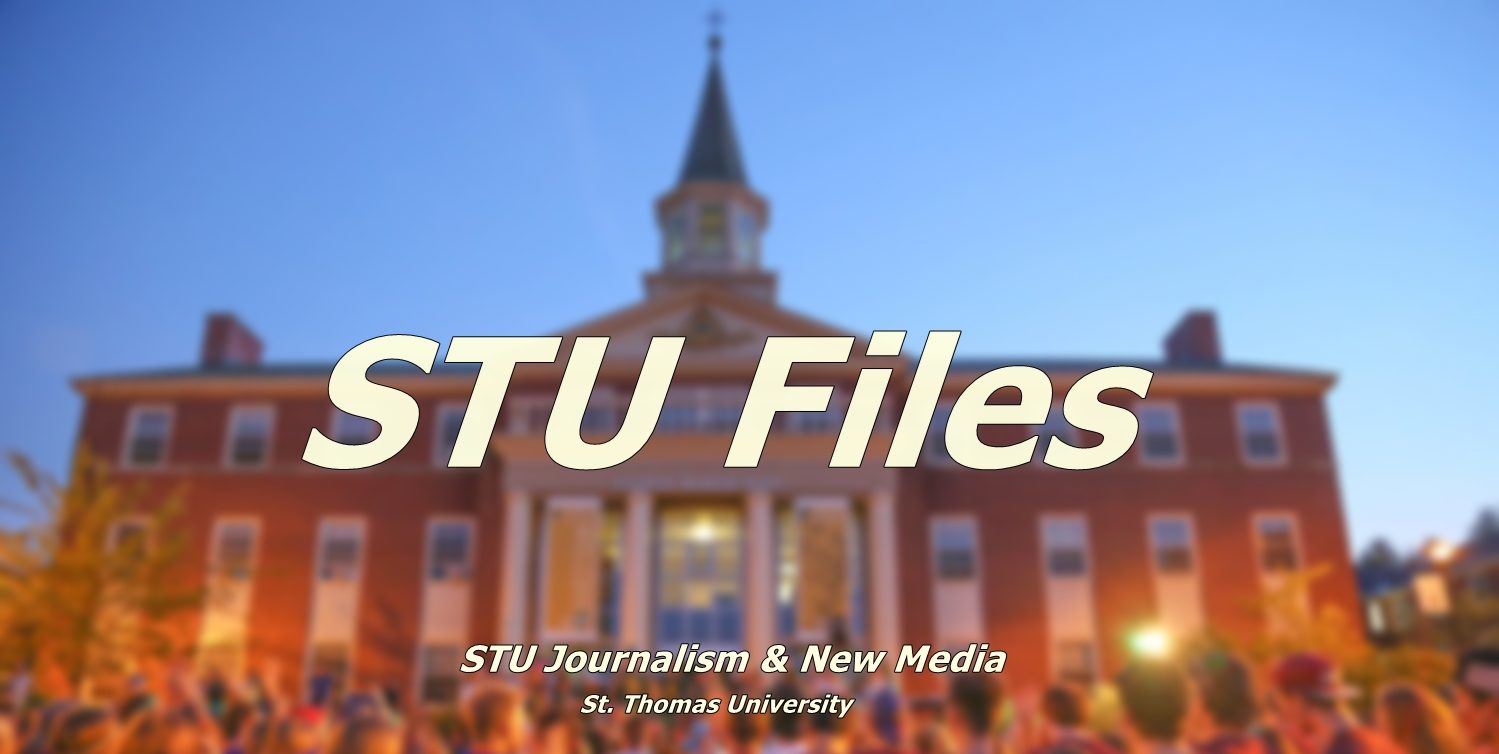Recognizing nature during Earth Hour
Green UNB and UNB Wildlife Society organized a stargazing event on March 30 to recognize Earth Hour, hosting guest lectures from wildlife experts.
This event is the first to be “green certified” by UNB Sustainability, a new program officially set to launch next academic school year.

Brandon Crossman, Co-president with UNB Wildlife Society, wants to recognize Earth Hour with an event like this every year.
“Honestly, we just want an appreciation for the environment and taking time. Even if we can’t stargaze, just taking the time to appreciate having the lights off and no distractions, just being together,” Crossman said.
The guest lectures, Simon Mitchell, specialist with World Wildlife Fund, and Graham Forbes, science and forestry professor at UNB, spoke to a crowd of 80 people in the Ballroom at the Student Union Building.

Simon Mitchell spoke about how we can help the Earth, offering four small changes anyone can make:
- Recycle everything you can, but make reducing and reusing a priority
- Waste less food and try to eat locally. In spring/summer, grow food locally with family and friends
- Retain, rehabilitate and restore wetlands, rivers, forests and oceans
- Get outside in all seasons – even winter.

“Ultimately what we’re looking for is action,” Mitchell said. “Come to think of it, one action is not enough. But really, if everybody takes one or two actions that support a healthier, more resilient environment, those things will really start to add up quickly.”
After Mitchell, Graham Forbes spoke.
Before speaking, Forbes looked at the lighting in the room, noting that half were turned off for Earth Hour. He then he asked for every light in the room to be turned off for his lecture.
In the pitch dark, he spoke about the wildlife he encounters in New Brunswick as a researcher. Despite there being over 80 people present, the room was silent, and he spoke at a conversational volume.
He taught the audience coyote, wolf, and owl calls, then suggested everyone try those animal calls in their own time and see if they get a response.
See his Barred Owl and Coyote call below:
While some may feel frightened calling a wolf at night, Forbes said only two times out of 1,000 will they ever come to investigate.
“I don’t worry, as a wildlife researcher, in the wild,” he said. “The only time I worry about wild animals is if they’re habituated – if someone’s feeding them.”
After the lectures, it was too cloudy to stargaze outside.

Instead, everyone crowded the windows to see what UNB looks like with a few more lights turned off than usual for Earth Hour.

Everyone took about 10 minutes to enjoy the view while drinking the free apple cider offered. To the side, Forbes and Mitchell stood and answered any questions people had and reiterated the importance of recognizing the environment.

The goal of Earth Hour, Mitchell said, is about awareness.
“As I said earlier, this is really about a stepping stone. It’s more than an event; it’s a movement that’s getting people thinking a little more about the environment,” Mitchell said. “So, if you think about it for an hour today, hopefully when we’re at home, when we’re getting up it’ll come back to us and we’ll say: ‘Right. There are some things that I can do as an individual to help improve the environment.”
To finish the evening, organizers drew for door prizes, offering free plants, reusable shopping bags, and gift cards to the winners.

